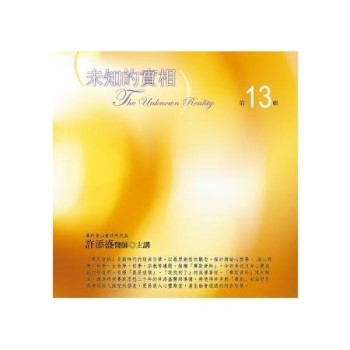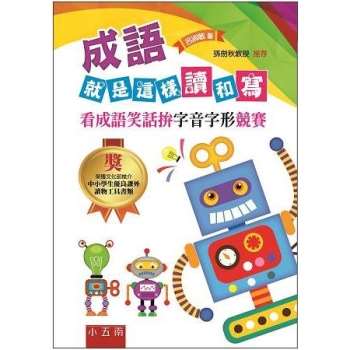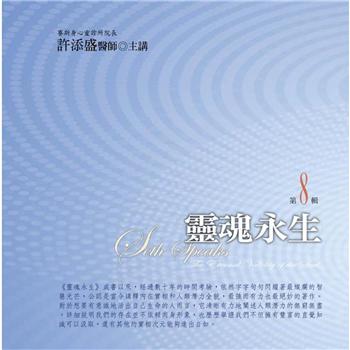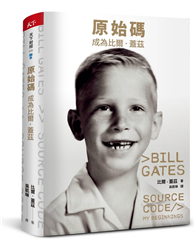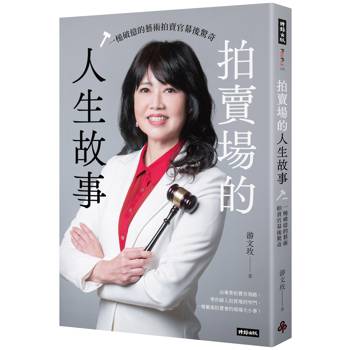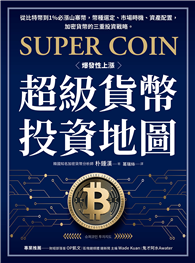This book examines how China’s new generation of avant-garde writers and artists are pushing the boundaries of vernacular culture, creatively appropriating artistic and literary languages from global cultures to reflect on reform-era China’s transformation and the Maoist heritage. It explores the vortex of cultural change from the launch of Deng Xiaoping’s reforms in 1978 to Xi Jinping establishing his leadership for life in 2018. The book argues that China’s new avant-garde adopt transcultural forms of expression while challenging the official discourse of Xi Jinping’s regime, which promotes cultural nationalism and demands that cultural production in China embodies the essence of the "Chinese nation". The topics range from body art, women’s poetry and boys’ love literature to Tibetan fiction and ceramic art. The book shows how the avant-garde use the new digital media to bypass government censorship, transcending China’s virtual frontiers while breaking new ground for an emerging public sphere. Overall, the book provides a rich picture of the nature of China’s avant-garde art and literature and the challenges it poses for the Chinese government.
The introduction and chapter 10 of this book are freely available as downloadable Open Access PDFs at http: //www.taylorfrancis.com under a Creative Commons Attribution-Non Commercial-No Derivatives (CC-BY-NC-ND) 4.0 license.

